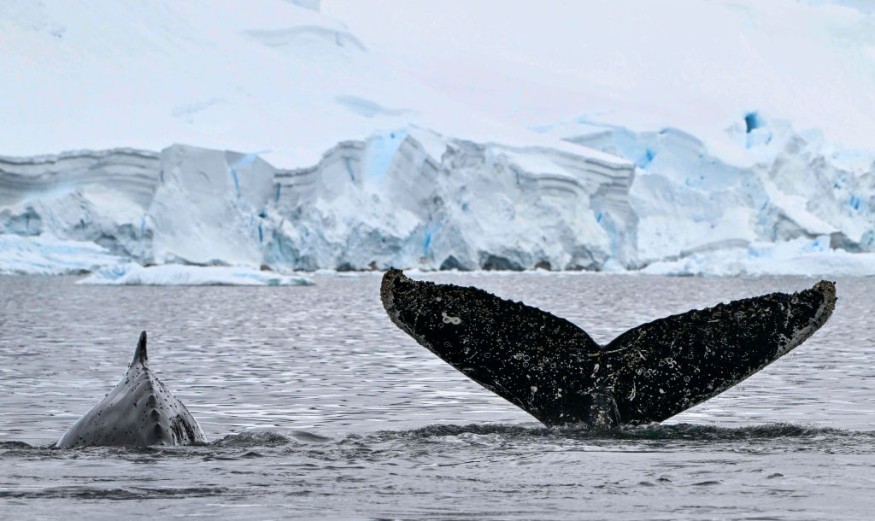
Scientists in New Zealand have begun the first-ever dissection of a spade-toothed whale, one of the world's rarest marine mammals.
This groundbreaking study, which began on Monday, is a rare opportunity to learn about a species that has puzzled researchers for over a century. The whale, which was found washed up on a beach in July, is only the seventh specimen of its kind ever documented, and until now, no complete spade-toothed whale had been studied.
The First-Ever Study of a Spade-Toothed Whale
Measuring five meters long, the whale was carefully transported to the Invermay Agresearch Centre in Mosgiel, where scientists, along with members of New Zealand's Māori community, are working together on the dissection.
The study is expected to reveal critical information about the whale's behavior, anatomy, and diet.
Researchers are particularly interested in understanding how these elusive creatures survive in the deep and remote waters of the Southern Pacific Ocean, where they are believed to live.
According to Channel3000, the spade-toothed whale belongs to the family of beaked whales, which are known for their deep diving habits and rarity. Beaked whales are notoriously difficult to study because they rarely surface, making them one of the most enigmatic groups of marine mammals.
The dissection will focus on various aspects of the whale's body, including its stomach, which is unique to each species of beaked whale, and its sound-producing structures. The scientists hope to learn more about how the whale processes food and produces sounds, as well as how its body is adapted for deep dives.
Māori Traditions Meet Science in Study of Rare Spade-Toothed Whale
The team also includes experts from Te Rūnanga Ōtākou, a local Māori iwi, or tribe, who are participating in the study with great respect for the whale.
To the Māori, whales are sacred creatures, and they view this particular whale as a gift from Tangaroa, the deity of the sea, ABCNet said.
As part of their cultural practices, the iwi will observe the dissection, offer prayers, and retain parts of the whale, such as the jawbone and teeth, for cultural and spiritual purposes.
The spade-toothed whale was first identified in the 1800s from a lower jaw and teeth found on New Zealand's Chatham Islands. Since then, only six other specimens have been discovered, and none have been observed alive in the wild.
DNA testing in the early 2000s confirmed that these specimens belong to the same species, but their elusive nature has left many questions unanswered. This dissection provides scientists with a rare opportunity to study a specimen in detail, filling in some of the gaps in knowledge about this mysterious whale.
In addition to shedding light on the biology of the spade-toothed whale, this study could also offer insights into how humans might interact with and protect marine species that are similarly difficult to study.
Researchers believe that understanding how whales like these survive in such extreme conditions could inform conservation efforts and lead to better protection of marine life in the future.
The dissection of this rare whale marks a significant moment in marine science, offering a glimpse into the secrets of one of the ocean's most mysterious creatures.
© 2025 NatureWorldNews.com All rights reserved. Do not reproduce without permission.





